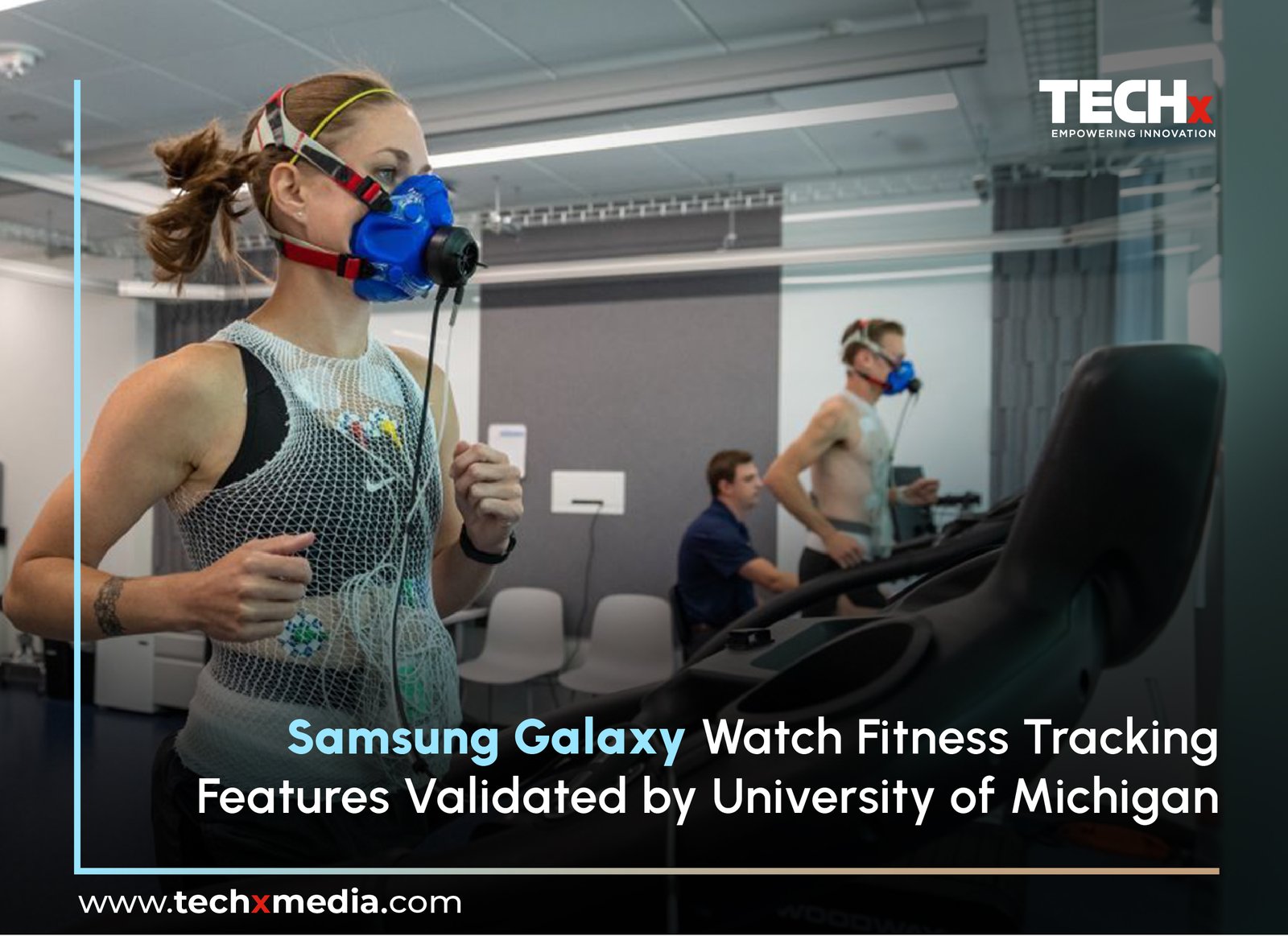22 December 2024, Sun |
11:18 AM

Samsung Electronics Co., Ltd., in collaboration with the University of Michigan, has announced that the University of Michigan Human Performance & Sport Science Center (HPSSC) has validated the high accuracy of the fitness tracking features on the Samsung Galaxy Watch. The HPSSC is renowned for its comprehensive research and education in sport, exercise, and human performance.
The Michigan Performance Research Laboratory (MiPR) found a significant correlation between the Galaxy Watch and clinical reference devices in measuring key metrics such as heart rate, sweat loss, VO2 max, and body fat percentage. This partnership highlights how collaboration can enhance the accessibility and precision of advanced fitness solutions.
Key findings from the MiPR studies include:
– Heart Rate: The Galaxy Watch exhibited an excellent 90% correlation with electrocardiogram equipment while monitoring heart rate during running, establishing its reliability as a fitness tracker.
– Sweat Loss: The study found a remarkable 95% correlation in assessing sweat loss over distances ranging from 2.5 km to 20 km, aiding users in proper hydration after workouts.
– VO2 Max: With an 82% correlation to clinical-grade diagnostic equipment, the Galaxy Watch provides valuable insights into users’ fitness levels and helps set achievable goals.
– Body Fat Percentage: Galaxy Watch readings showed a 95% correlation with dual-energy X-ray absorptiometry (DEXA) results, providing a comprehensive understanding of body composition beyond just body weight.
Dr. Hon Pak, Senior Vice President and Head of the Digital Health Team at Samsung Electronics, expressed pride in the validation from the Michigan Performance Research Laboratory, emphasizing the company’s commitment to precise fitness tracking through strategic partnerships and advanced research.
Adam Lepley, MiPR director and associate director of HPSSC research, stated, “Our partnership with Samsung exemplifies the power of combining industry-leading expertise with pioneering independent research at the academic level. Together, we can advance scientific discovery and enhance consumer experiences with Samsung’s technology.”
Kenneth Kozloff, HPSSC co-director, added, “We are excited to continue our partnership with Samsung to ensure that innovations in wearable technology are accessible and accurate across all segments of the population.”
To maximize your fitness journey with the Galaxy Watch, consider the following tips:
– Body Composition: Get a comprehensive snapshot of your body, including body fat percentage, body water content, and skeletal muscle mass. Set personalized goals based on your current status and track your progress.
– Personalized Heart Rate Zone: Create a tailored heart rate zone that aligns with your health objectives and allows you to train at optimal intensity levels according to your physical capabilities.
– VO2 Max: Gain insights into your cardiovascular endurance by analyzing how much oxygen your body uses during physical activity.
– Sweat Loss: Measure sweat loss after workouts to guide appropriate rehydration for improved recovery.
The collaboration between Samsung and the University of Michigan marks a significant advancement in wearable technology, ensuring that fitness enthusiasts can track their health with greater accuracy and reliability.